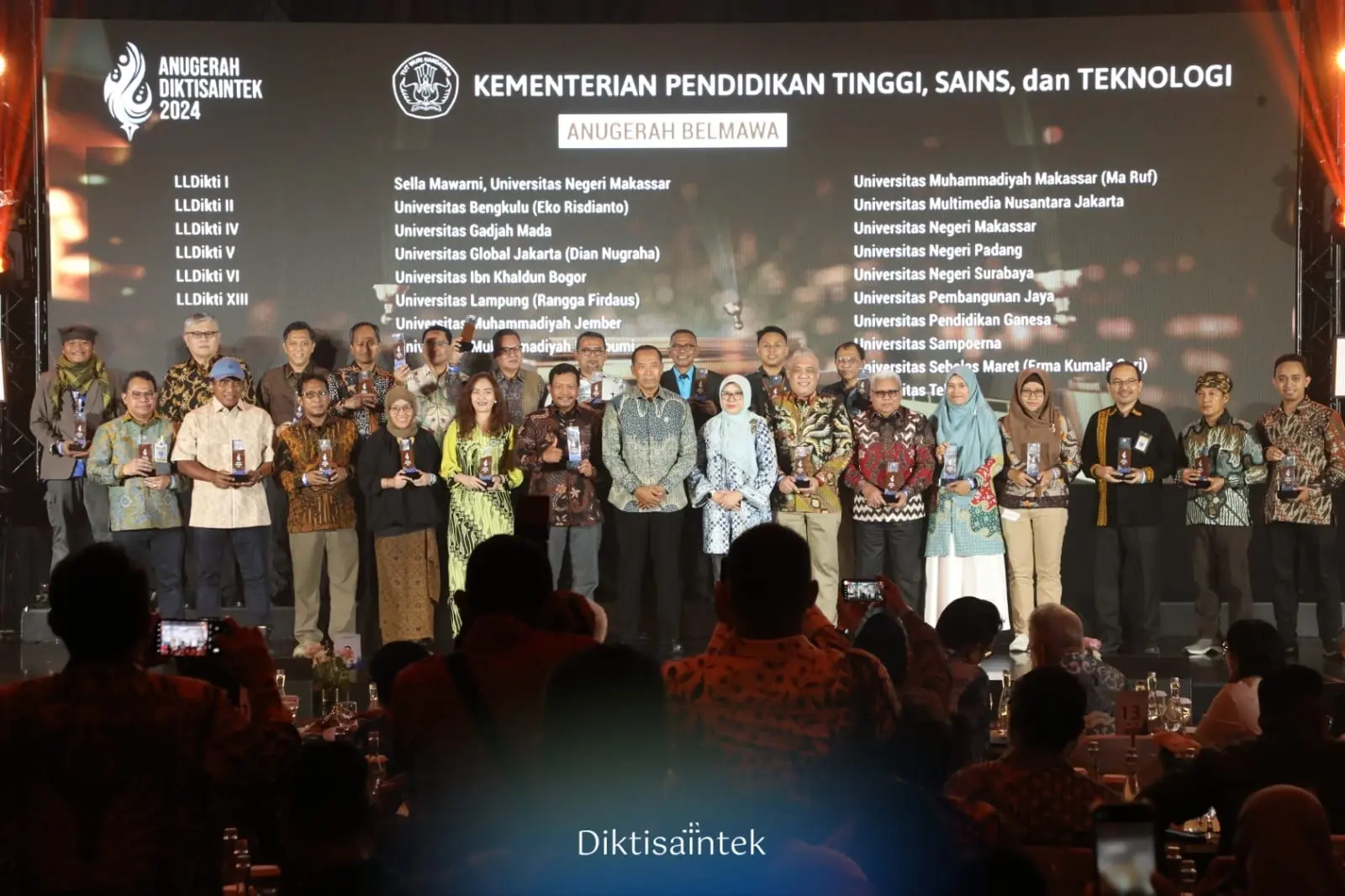26 Mar 2024
Navigating Your Career Path Through Interests and Talents Based on Personality
Articles,

Have you ever felt lost, unsure of which direction to take, not on the streets, but in choosing a college major or career path? With so many options available, it’s easy to become overwhelmed. “Where should I go?” is a question many of us find ourselves pondering.
Fear not! There’s a powerful approach to help you find the answer by start understanding your personality.
Why Personality Matters
Your personality is like a compass that directs you to the right path. Knowing yourself makes it easier to say, “This is where I belong.” This understanding helps map out the most suitable college majors or careers for you.
Meet the RIASEC Theory
John Holland, an American psychologist, developed the RIASEC theory, which suggests that our personality type significantly influences our career choices. The RIASEC model includes six personality types: Realistic, Investigative, Artistic, Social, Enterprising, and Conventional. Let’s explore each one:
Realistic (Doers). Prefer practical tasks? Enjoy tinkering or gardening? You might be a Realistic type, often drawn to outdoor work and physical activity. Possible careers include engineer, pilot, or mechanic.
Investigative (Thinkers). If you love solving problems, thinking critically, and have an interest in science or math, the Investigative type could be your match. Suitable professions include scientist, programmer, or pharmacist.
Artistic (Creators). For those with a strong artistic spirit, who enjoy music, writing, or drawing, the Artistic personality type may be ideal. This type tends to be independent and expressive. Careers could include designer, musician, or writer.
Social (Helpers). If interacting with others and a strong desire to help define you, you might be a Social type. Careers such as teacher, counselor, or nurse could be fitting.
Enterprising (Persuaders). With leadership skills and a knack for initiative, Enterprising individuals may thrive in business or politics, pursuing roles as entrepreneurs, managers, or politicians.
Conventional (Organizers). If you appreciate structured, detailed, and systematic work, the Conventional type may suit you, with careers like accountant, secretary, or cashier being ideal.

Determining Your Personality Type
How do you find out your RIASEC type? One way is through interest and talent tests. These assessments help you understand yourself better and identify the most compatible majors or careers.
For online RIASEC tests, consider these options:
MyNextMove. Offers the O*NET Interest Profiler based on RIASEC theory, available for free at MyNextMove.org, provided by the U.S. Department of Labor.
123Test. Provides a free RIASEC test at 123test.com to explore your personality type.
Truity. Offers the Holland Code (RIASEC) test with both free and paid versions for deeper insights, available at Truity.com.
CareerExplorer. Features a career test using a system similar to RIASEC to suggest careers matching your interests and personality, accessible at CareerExplorer.com.
Remember, while RIASEC tests offer valuable insights, they’re not definitive. Use the results as a guide, not a strict rule, and consider other life factors such as personal values, skills, and current circumstances.
Matching Career and Personality
Once you know your personality type, the next step is finding the most suitable career. This is not about the easiest path but finding where you can grow, feel satisfied, and happy.
Begin by exploring industries or fields resonating with your personality type. For example, if you’re a ‘Social’ type, consider careers in education, healthcare, or social services where you can interact and impact others directly.
Also, think about the work environment—do you prefer teamwork or working independently? A dynamic or stable environment? The goal is to not only find a job but to build a fulfilling career that leverages your strengths and interests.
With openness and exploration, you’ll discover that matching your career to your personality is a rewarding journey full of valuable lessons.
Discover Yourself, Find Your Career Path
Ultimately, understanding our own personality is key to finding a career that brings both happiness and success. Don’t hesitate to explore yourself, and if you need help, seek out a career counselor or mentor.
Remember, everyone is unique, with their own career path. By knowing yourself, you’re one step closer to finding your career path. Keep going, and don’t forget that the journey of every individual is unique—persevere in chasing your dreams!




